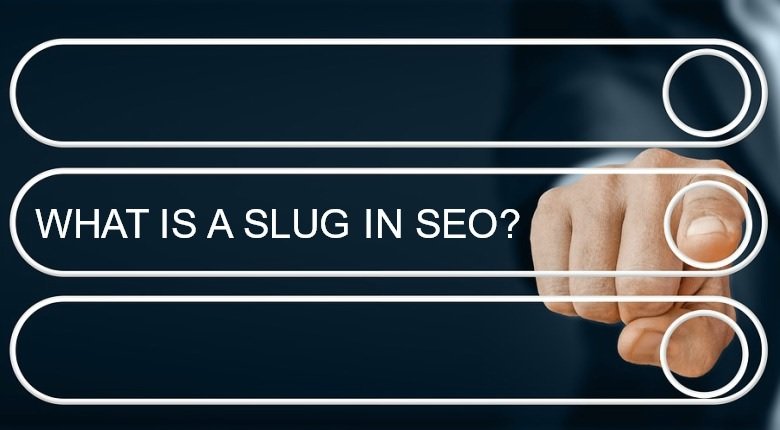What is the ‘Slug’? How to use it for SEO

All you have to know is the name of an article or a blog post to find out what it is about. The slug is what most web owners use to identify the heading of an article, and it can also be found at the end of a URL. Optimizing your Slugs so that they are easier to find is important – don’t miss this step when you’re writing anything!
What is a Slug, and Why it is important?
If you haven’t heard of a slug, it is likely because it isn’t an SEO keyword. Slugs are bit.ly short URLs that uniquely identify a page on a website. When someone visits your site, they can click through to any page by typing in the slug of the page they want to visit, like this: http://www.example.com/blog/archives/1.html.
Slugs are important for two reasons: first, they make your site easier to find and navigate, and second, they help improve your rankings in search engine results pages (SERPs). Google and other major search engines use slugs to help people find your content easily, based on their interests. So having worked with SEO Company, giving a well-defined and strategic set of slugs will help you rank better in search results.
The Benefits of Using a Slug in SEO
Slugs are an important part of any SEO campaign. They help identify and target a specific audience, resulting in higher organic traffic and higher rankings for your site. Here are five reasons to start using slugs in your SEO strategy:
- Targeting Specific Audiences: Using slugs, you can identify and focus on a specific audience you want to engage with. This can result in more organic traffic and better conversions.
- Improved Rankings: A well-optimized site with slugs will rank higher in search engines, improving your visibility and increasing sales.
- Greater Visibility: Slugs make it easier for potential customers to find your content when looking for information on a certain topic. This can lead to increased brand awareness and more leads.
- More Engaged Audiences: You’re more likely to keep your audience engaged using targeted slugs. They’ll stay on your site longer, increasing income through ad clicks and newsletter subscriptions.
- Increased ROI: A well-optimized site with slugs is typically more successful than without them, providing a strong financial return on your investment.
How can I use slugs for SEO?
If you have an article or blog post that you would like to syndicate on other websites, you will need to use a slug. A slug is just a unique name for your article or blog post that can be used to help search engines identify and crawl your content.
Here’s how to use them:
1) Decide what kind of post you want to create. For example, if you have a blog about cooking, you might create posts about different recipes or variations of the same recipe.
2) Make a list of all of the different variations of that particular recipe (or topic). For example, you might name your slugs “recipe 1”, “recipe 2”, “summer squash recipe”, etc.
3) Add a “#” symbol at the beginning of each slug, like this: recipe_#.htm. This will tell Google to index that particular post as a search result under the “recipe_#” category.
4) Write your post titles using the corresponding slug(s). For example, if you’re writing a post about the “#summer squash recipe,” your title would be “Summer Squash Recipe.”
5) Publish your post and watch as Google indexes it under the appropriate category!
Conclusion
Using the “slug” in your website’s title tags, meta descriptions, and other content can help boost your SEO. The slug is simply a name that you choose for your page or post. It must be unique for each page on your site, and it can be the same as the name of your blog or website. If you need any further help with SEO Company Melbourne has friendly support staff who will always be on hand to assist you promptly.





